December Audio Meditation
Here’s this month’s audio guided meditation:
If you would like to see the audio meditation with nature photographs, here’s the link to the youtube version:
Meditations, experiments, books and guided meditations to assist with nourishing spirituality, healing childhood wounds, and living more consciously.
Meditations, experiments, books and guided meditations to assist with nourishing spirituality, healing childhood wounds, and living more consciously.
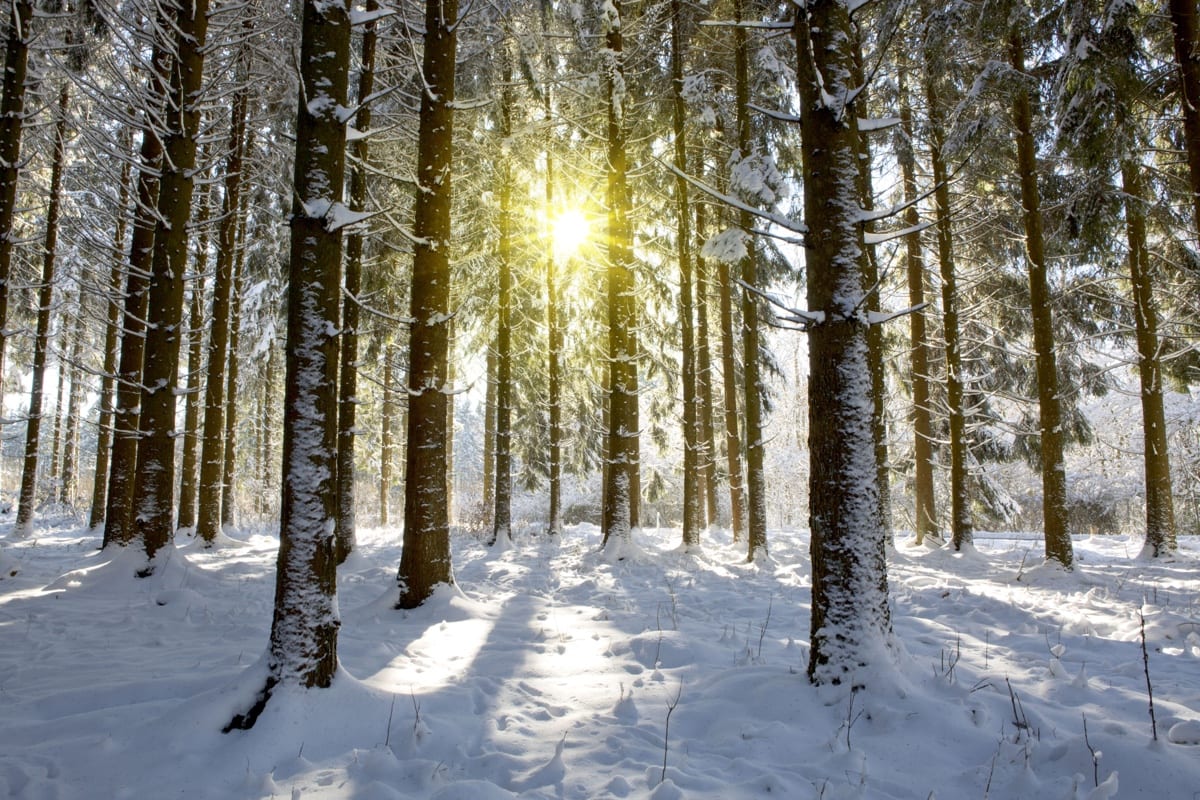
Here’s this month’s audio guided meditation:
If you would like to see the audio meditation with nature photographs, here’s the link to the youtube version:

Our theme this year continues to be focusing on various frequencies, qualities, tones of being that may be imagined as energy frequency, color, as a Spirit embodying and radiating the quality, or in any other way that brings it alive for you. This month, we focus on the living presence of gratitude and explore how it is to call this frequency into the foreground of your awareness, being, and actions, in yourself and in your relationship to the world around you.
If you would prefer to listen while seeing images of nature, here’s our YouTube version…
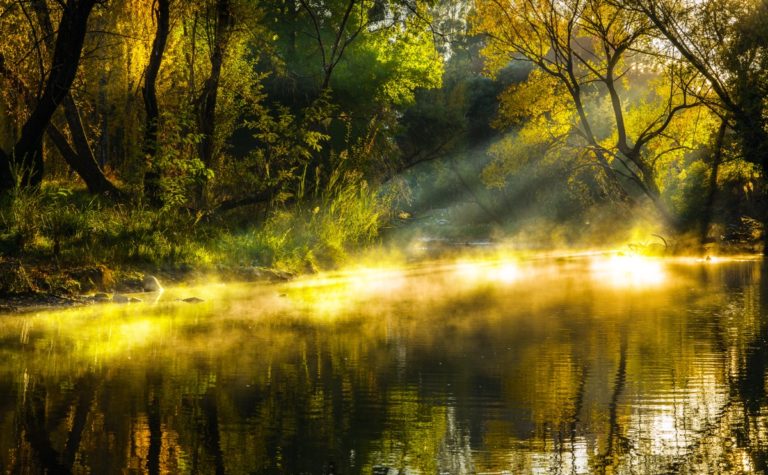
One of the things that most of us find challenging is to manage uncertainty. It’s a natural response to be uncomfortable with not knowing what’s going to happen next or where we are headed, individually and collectively. For some people, finding conspiracy theories offers an experience of “knowing what’s going on” that calms the discomfort most of us feel around uncertainly. For others, anxiety becomes a constant companion and they have difficulty truly soothing themselves. For yet others, becoming numb and shutting down is their natural response to constant and mounting uncertainty.
Also, I want to affirm that having a response to uncertainty is certainly normal and not necessarily something that needs the kind of process I’ll describe below, so please be gentle with yourself when circumstances elicit discomfort and anxiety about the future.
As I’ve been thinking about how we can expand our capacity to be uncomfortable and find some degree of equanimity, I found myself thinking about a concept I have taught for many years—a process of uncoupling trauma-based associations, called over-couplings in the Somatic Experiencing® world. Let me define these terms as I did when teaching SE.
Trauma over-couplings are associations that become “glued together” during times of overwhelm or distress. These are individual elements of experience or learnings that actually don’t belong together. One common trauma-based, attachment-oriented over-coupling is: If I do what I want, they (whoever “they” might be) won’t love me. Those two things don’t really belong together and especially so in adult life. Another common trauma-based over-coupling is: Unless I know what’s going on, I won’t be safe. The problem with trauma-based over-couplings is that they predict something that may not, or probably won’t, happen. They often arise from childhood experiences where we were not only ill equipped to have options available to us but when we also weren’t mature enough to understand what was happening.
I’d like to offer one way to deal with these trauma-based over-couplings. I called it “therapeutic dissociation” in my book, Getting Through the Day, but it’s actually a form of uncoupling adult awareness and options from those arising from earlier overwhelming experience.
Read More “812th Week: Managing Uncertainty”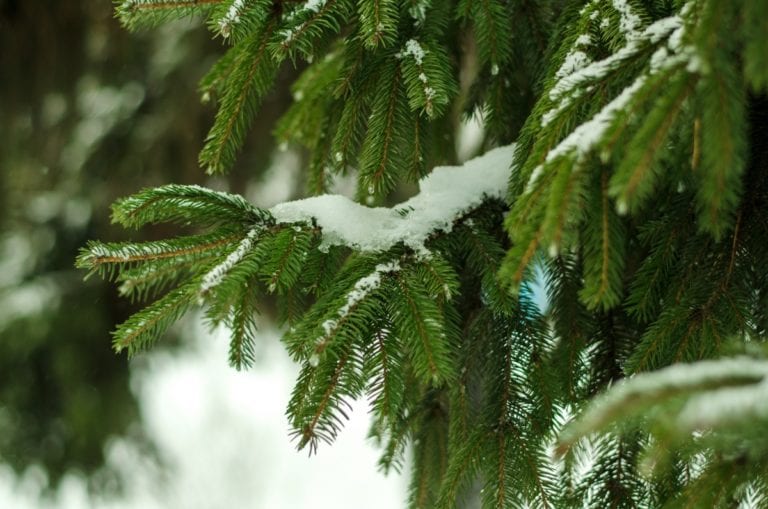
For many of us, these are trying times and it can be challenging not to fall into collapse and discouragement over our collective political, social, and ecological situation. One of the things I’ve found helpful is to remember that there tend to be natural and inevitable cycles that shift what’s been in the foreground to the background and vice versa. When things look the worst, it sometimes means that change is just around the corner, that the pendulum is reading to swing the other way. Read More “696th Week: Trusting in Cycles”
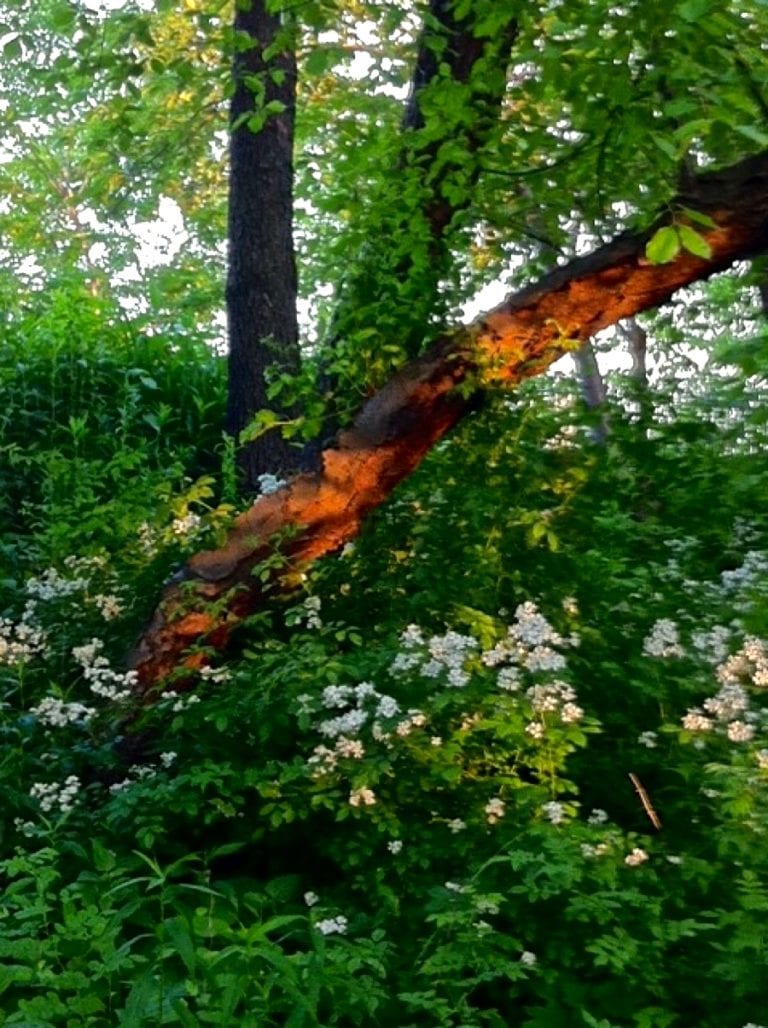
Walking through Central Park the other day, I had an encounter with synchronicity that has stayed with me because of the delight of the moment. Whenever I have an opportunity to do so, I go off the regular pathways in the park and find my way in amongst the trees. There’s a small footpath that I often take in the morning, lined by tall evergreens and old, stately deciduous trees. When I’m there, it feels as though I’m in the midst of towering spires of a cathedral and the quiet of this place always touches me.
On this particular morning as I walked along, a bright red cardinal landed on a tree just to the right of me and a bit ahead on the path… Read More “684th Week: Celebrating Synchronicity”
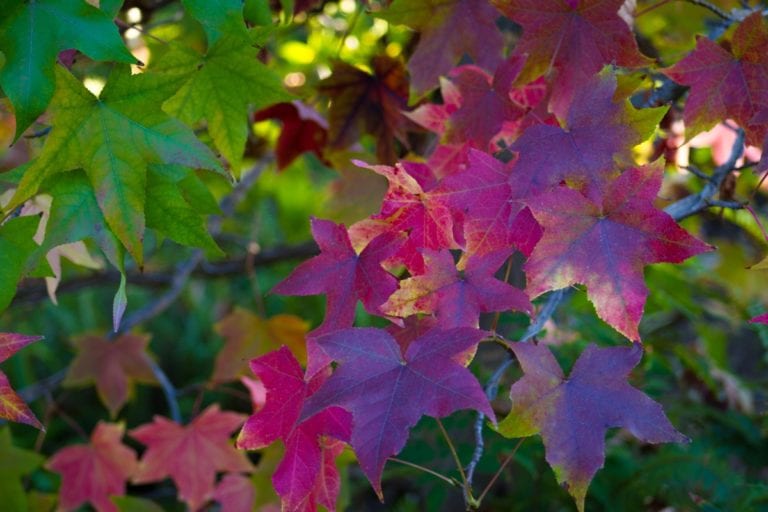
Here’s this month’s audio meditation. Above is the YouTube version with images…
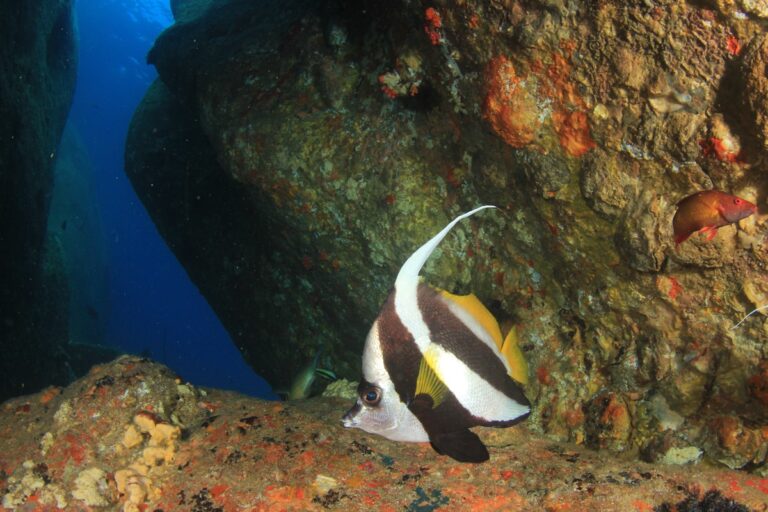
Here’s this month’s audio meditation. In it, we continue our focus on wholeness within ourselves and within every other kind of earth-kin…
If you’d rather see images with this meditation, here’s the version on YouTube…